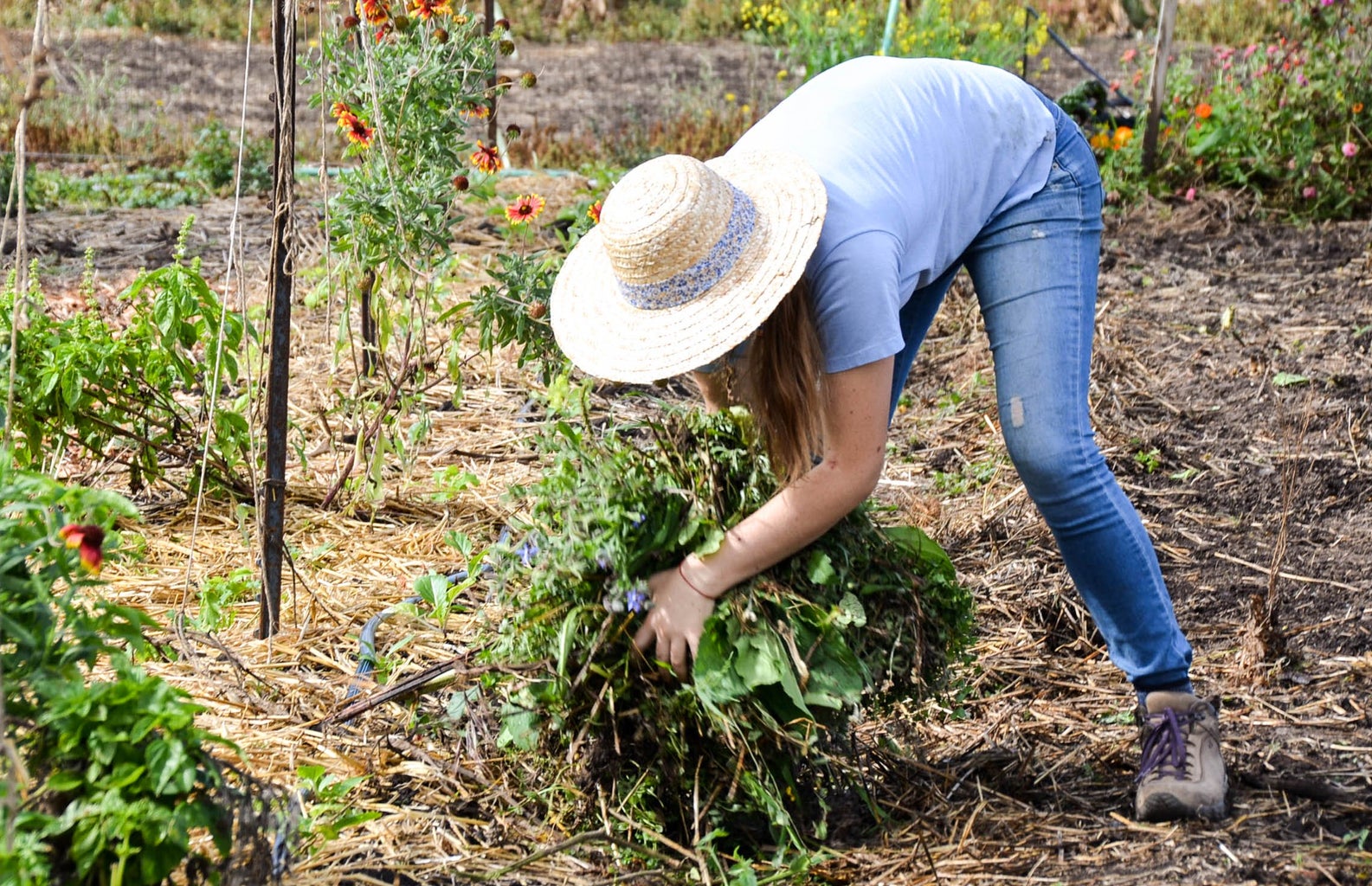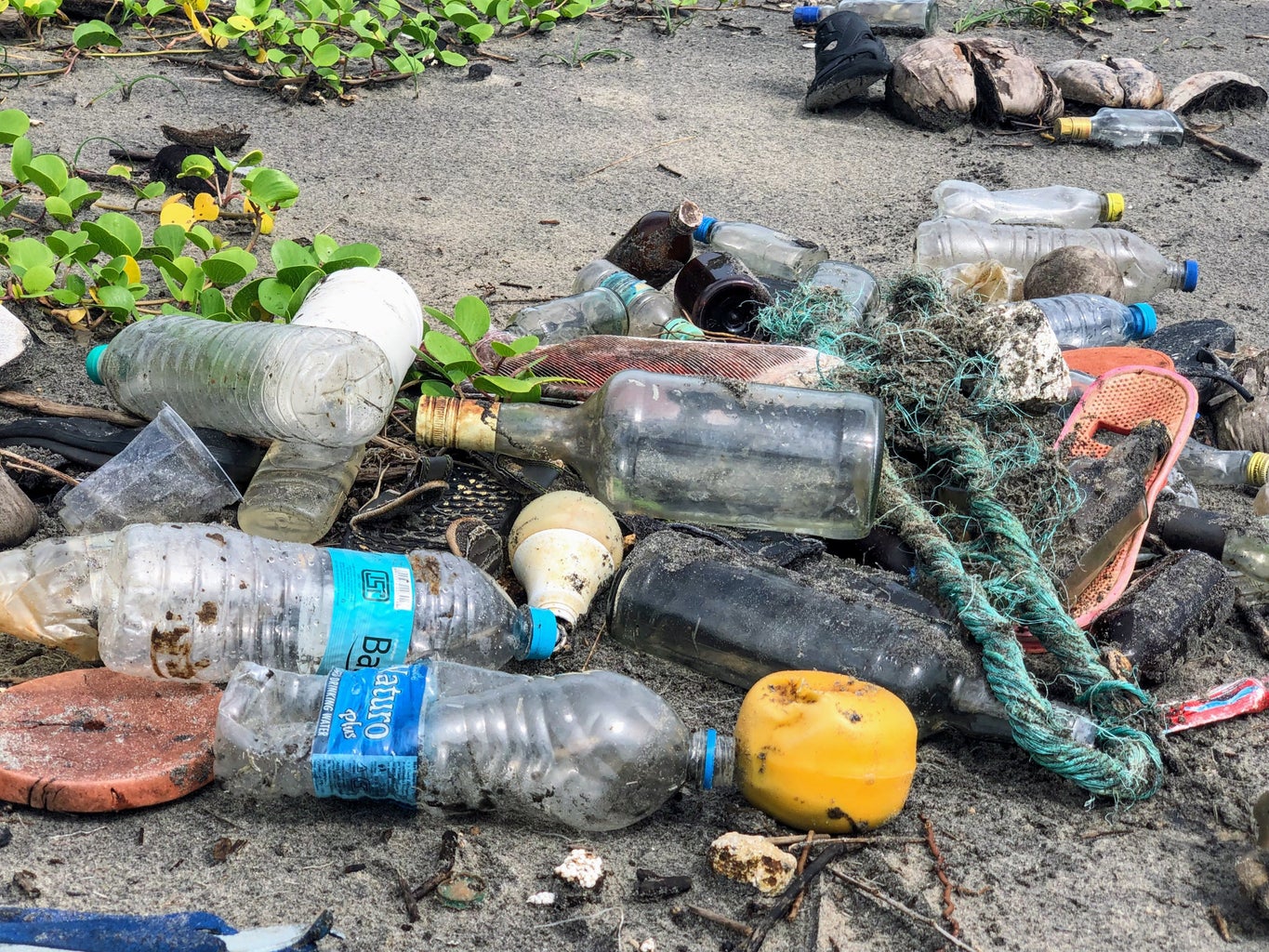According to the UN median projection, the world’s population will grow to around 8.5 billion in 2030. Collectively, that is 8.5 billion citizens of Earth, all of whom need food, water, and clean air to survive. Individually, those 8.5 billion people will comprise families, countries, and continents. From a bird’s-eye view, the population has cohesive demands, but on a personal level, these necessities for survival are just the minimum of our desires. The economic principle of social dilemma describes how when individuals act in their own interests and deplete a common resource, they diminish the payoffs of all.
Over time, society has recognized blatant injustice disguised in the folds of social dilemmas, most notably in the case of Love Canal. When Hooker Chemical Company deposited tons of toxic chemicals into the water supply of a neighborhood located in Niagara Falls, New York, the company did not think about the long-term ramifications of its actions. Instead, the company took an “out-of-site, out-of-mind” approach which over time, caused these chemical deposits to travel through generations of Love Canal citizens, lodging into bloodstreams and taking the lives of innocent people.
The individualist attitude that humankind has assumed since creation could be the demise of our species. If we continue to think only about ourselves, if we continue to leverage power and bargaining to achieve only our own desires, our exponential growth will be for naught. Humans derive life from the commons that come with the Earth; the lands, the waters, the air. Human beings have viewed land, water, and air as illimitable, with plenty and extra for ourselves and the generations born thereafter. Despite a rise in sea levels, forest fires, and eutrophication, human beings continue to spend Earth’s resources, accumulating centuries of environmental debt. For all of time, we have survived on the assumption of abundance, living recklessly in our cowboy economy.
By 2030, there will be 8.5 billion people who call Earth their home. That is 8.5 billion mouths to feed and stomachs to fill. As the population has increased, usable agricultural land has decreased due to overuse. To ensure we have the resources necessary to feed ourselves and our loved ones, we have to think holistically about the future of this planet. If everyone has the same basic needs, then collectively we can create a plan that will ensure our survival. To maximize yield without compromising quality, agricultural processes need to be made sustainable across these five following factors:
- Soil Management
- Crop Management
- Water Management
- Disease/Pest Management
- Waste Management

Since the inception of humankind, we have invented and innovated to fulfill our needs. Just recently, our endeavor to create a vaccination to conquer the invisible enemy of COVID-19 has proven once again that we are a resilient, capable species. With our basic needs at risk, we have to challenge the tragedy of the commons by eliminating social dilemmas through collaboration in order to secure a future with maximum payoffs for all.
With 6.5 million people being affected by drought in Massachusetts and 2022 being the 25th driest year to date over the last 128 years, I am honing my research to focus on water, known to be already at risk. Stay tuned to learn more about how water is distributed in Massachusetts, the systems that shape water accessibility into a tragedy, and the initiatives that could be put into place to make water common for all.
Can’t get enough of HC UMass Amherst? Be sure to follow us on Instagram, listen to us on Spotify, like us on Facebook, and read our latest Tweets!




